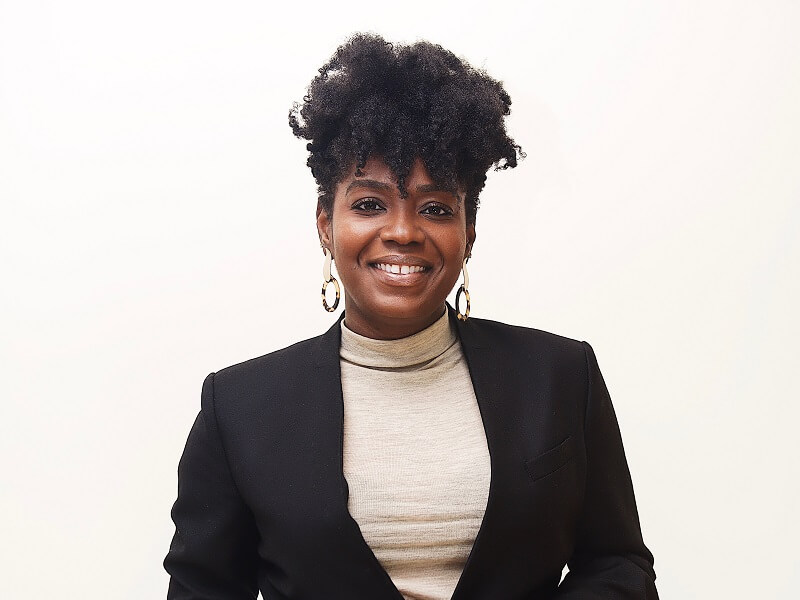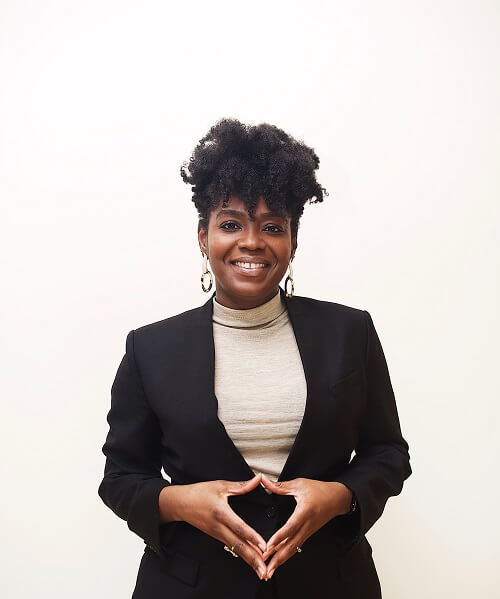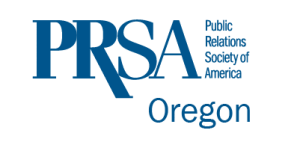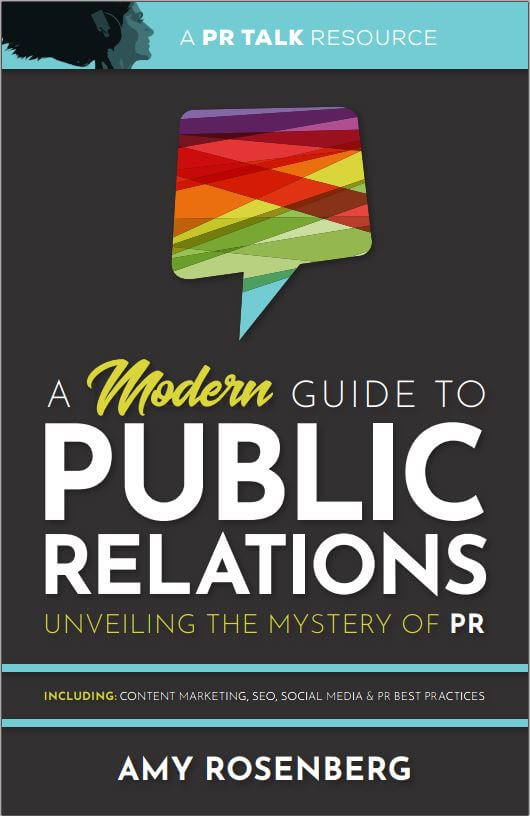There Are No Excuses Left: Serilda Summers-McGee on Why DEI Should be a Corporate Priority
Where PR Fits Into the Marriage of HR & DEI
America is in the midst of a cultural reckoning over the systemic inequities BIPOC (Black, Indigenous, People of Color) communities face every day. While many of the ongoing public protests focus on policing, corporate practices are also coming under heavy scrutiny as consumers and employees pressure businesses to take meaningful action on DEI (diversity, equity and inclusion). Unfortunately, even the most well-meaning companies can’t snap their fingers and fix a DEI problem. Instead, it requires strategy, commitment and wise counsel.
An HR & DEI Expert
In this episode of the PR Talk Podcast, host Amy Rosenberg talks with Serilda Summers-McGee, CEO of Workplace Change, about the role of human resources (HR) in DEI. Workplace Change is an HR consulting company that integrates DEI best practices and fundamentals throughout traditional HR functions like employee and labor relations, recruitment and compensation.
Before she launched her company, Serilda held several high-level roles in both HR and DEI at organizations like Kaiser Permanente, the Oregon Department of Education and the Portland Development Commission. She was also the Chief Human Resources Officer for the City of Portland under Mayor Ted Wheeler. Today, her company helps major organizations like Nike, Intel and Burgerville look at their HR practices through an equitable lens.
What is HR’s Role in DEI?
Amy and Serilda began their conversation discussing the appropriate place for DEI efforts within large organizations. Serilda believes that because DEI is about people and culture, it should rest in the HR realm. However, this is a big debate. Some practitioners believe that DEI should be its own division with a separate scope of practice. But as Serilda sees it, partitioning DEI minimizes its importance. If companies instead integrate DEI into every aspect of HR, it becomes impossible to ignore.
This led to a broader conversation about how HR often unwittingly polices BIPOC employees differently than white employees. As Serilda explains it, because employees of color stand out, their work often comes under greater scrutiny than their white counterparts. This situation creates a vicious cycle where an organization’s inherent unconscious biases can sabotage the success of its BIPOC employees.
What Gets in the Way of Change?
It’s easy for many employers to remain comfortable with the status quo, simply because it’s working for them. Changing the dynamic requires top-level management to actively move out of their comfort zones and seek out diverse talent. Here in the northwest, Amy sees two common excuses for avoiding this responsibility. One is that Portland is very white, so diverse talent isn’t readily available. The second excuse, which applies to women, in particular, is that an industry is male-dominated. Serilda and Amy both agreed that these excuses are no longer valid.
To make real change, Serilda suggests that business leaders begin developing authentic and diverse relationships now. That means exiting your comfortable spaces to engage with different groups of people than you typically do and nurturing your burgeoning diverse network in the same way you nurture your traditional networks.
Listen to the Episode to Hear More from Our Guest
Amy and Serilda covered so much more during their conversation, including HR’s relationship with PR, tips for leaders trying to diversify their businesses and Serilda’s advice for young Black women who are beginning their careers, so click the link above to hear the entire episode or watch the recording below.
Also make sure to subscribe to the PR Talk podcast on iTunes, Stitcher, Google Play and Spotify. If you’d like more from Serilda, you can read her book, “Change The WorkGame: Building and Sustaining a Diverse Workforce,” which is available on Amazon.
About the guest: Serilda Summers-McGee
Serilda Summers-McGee is a human resources executive with over 15 years of progressive experience in higher education, corporate and government environments. She is the CEO of Workplace Change, which exists to help companies assess their workplace culture, creatively resolve identified workplace challenges, recruit underrepresented executives and staff and retain high-quality employees in an inclusive, positive and high functioning work environment.
Connect and follow Serilda on social media:
This episode of PR Talk is brought to you by PRSA Oregon
Throughout Oregon and Southwest Washington, PRSA provides members with networking, mentorship, skill building and professional development opportunities – whether you are a new professional fresh out of college or a skilled expert with 20 years in the industry. Check out PRSAoregon.org for more information on how membership can help you grow and connect.







